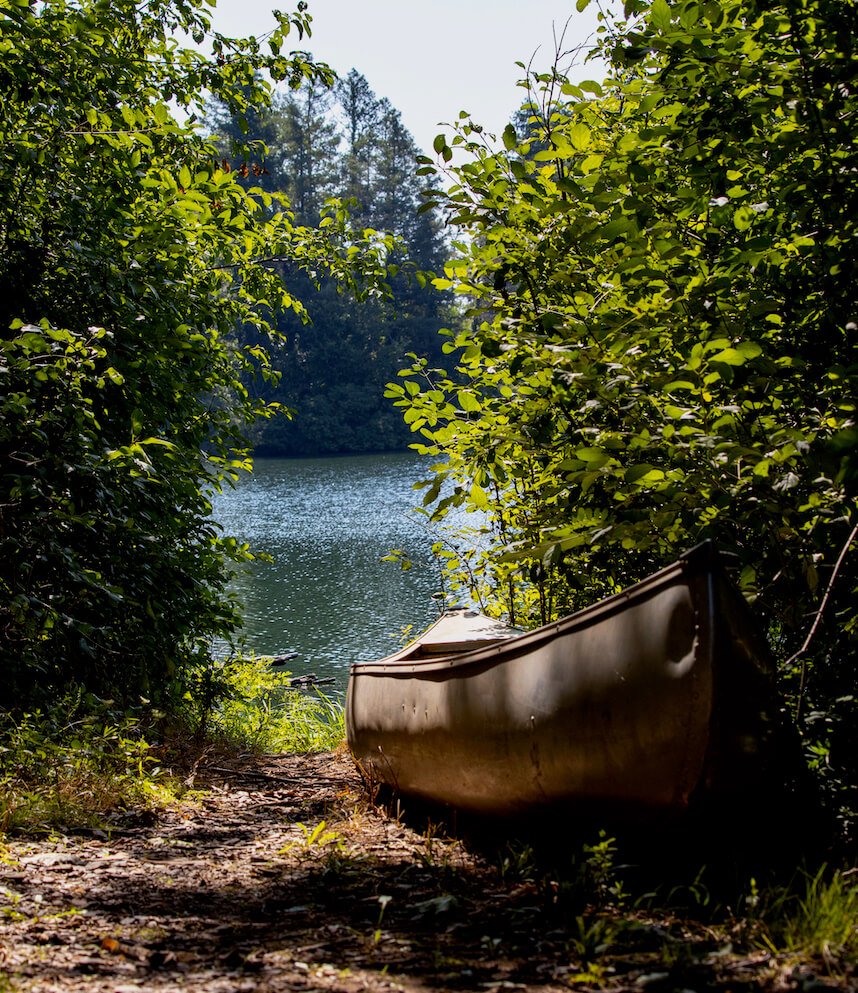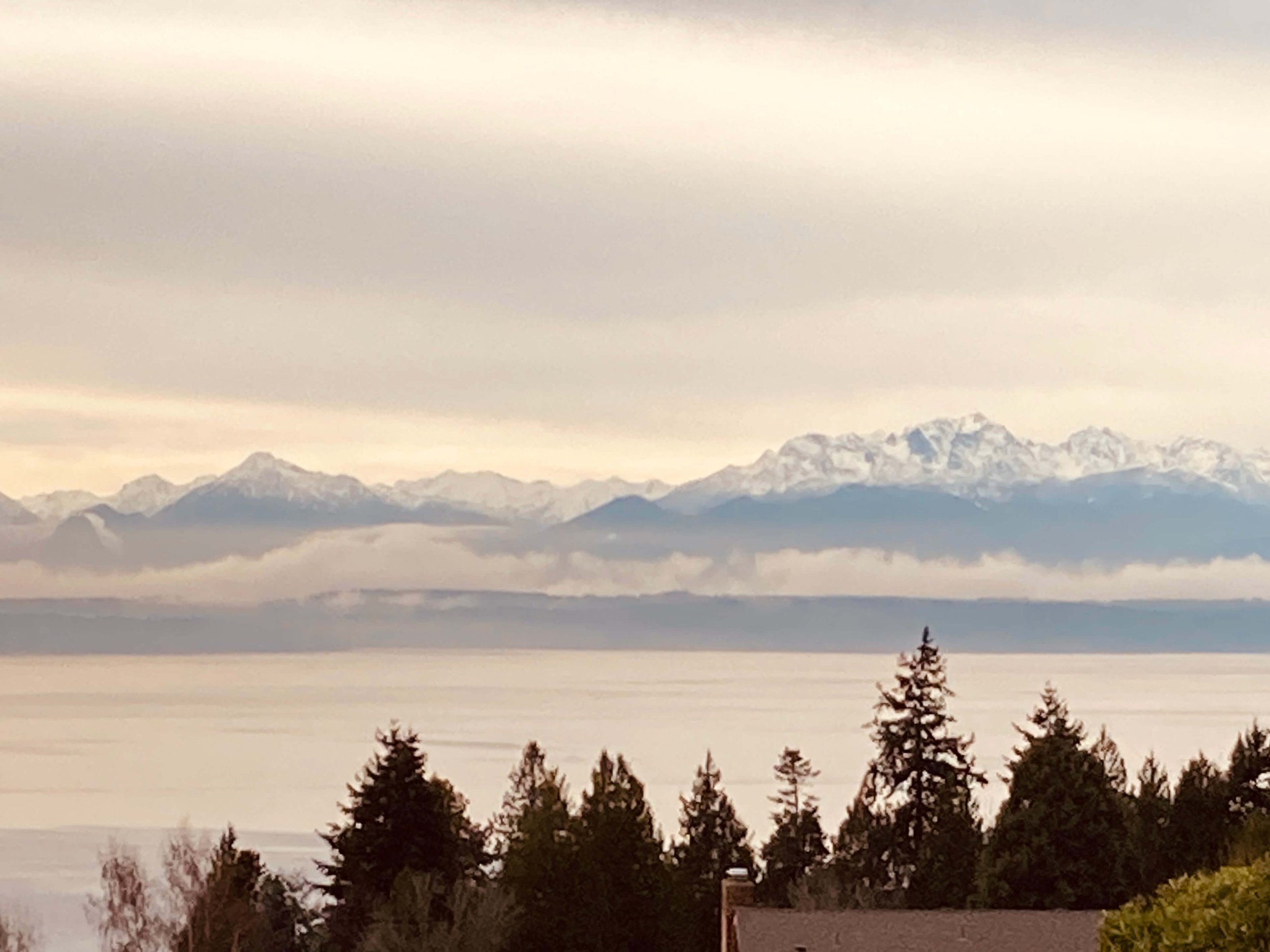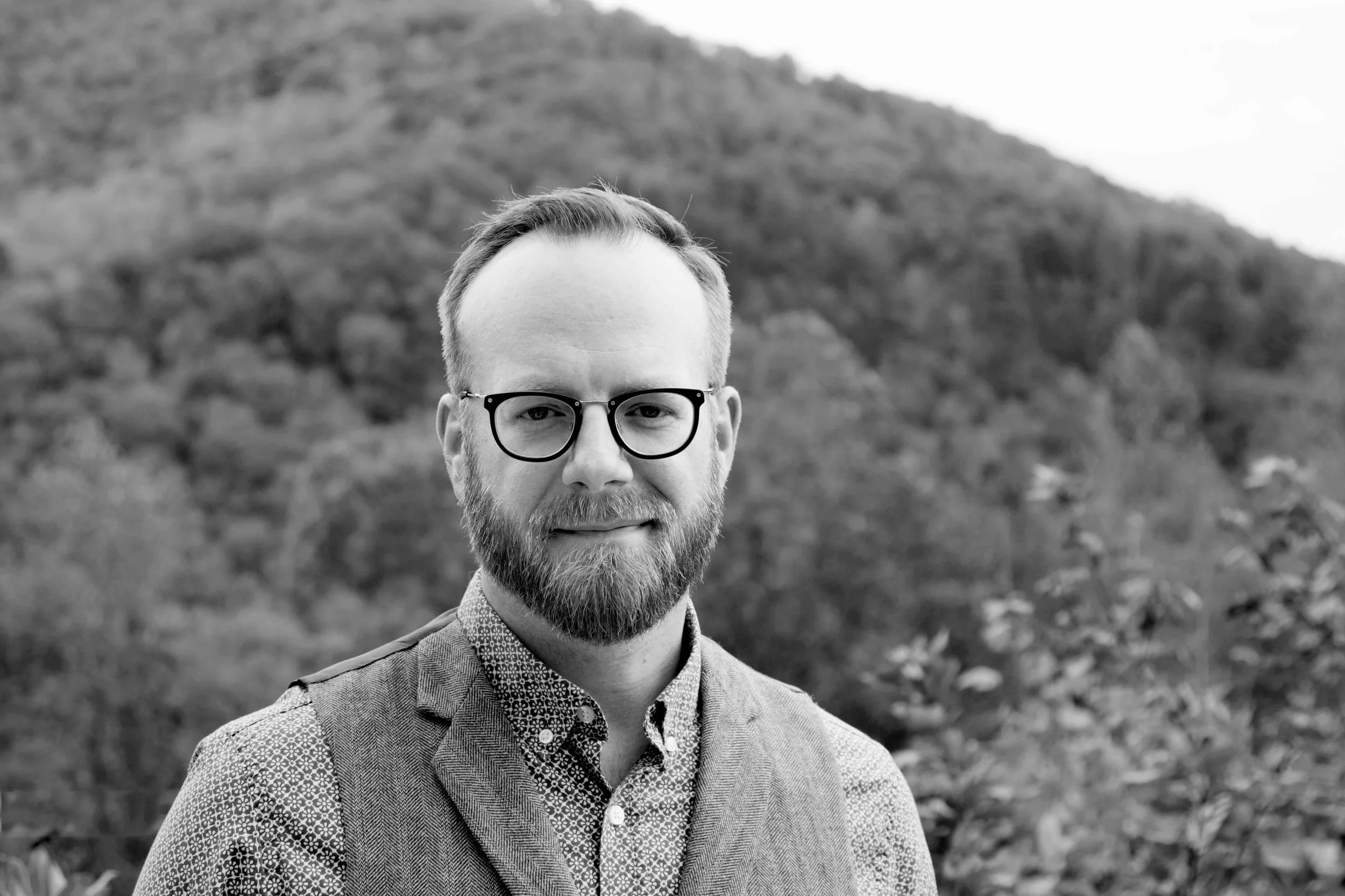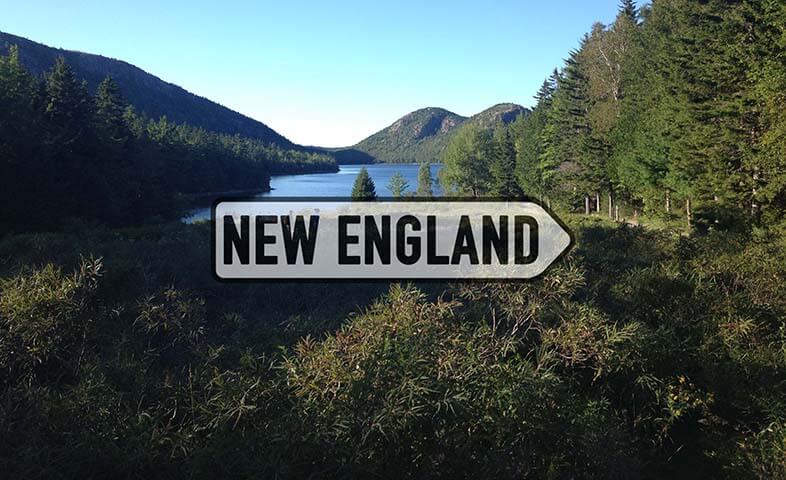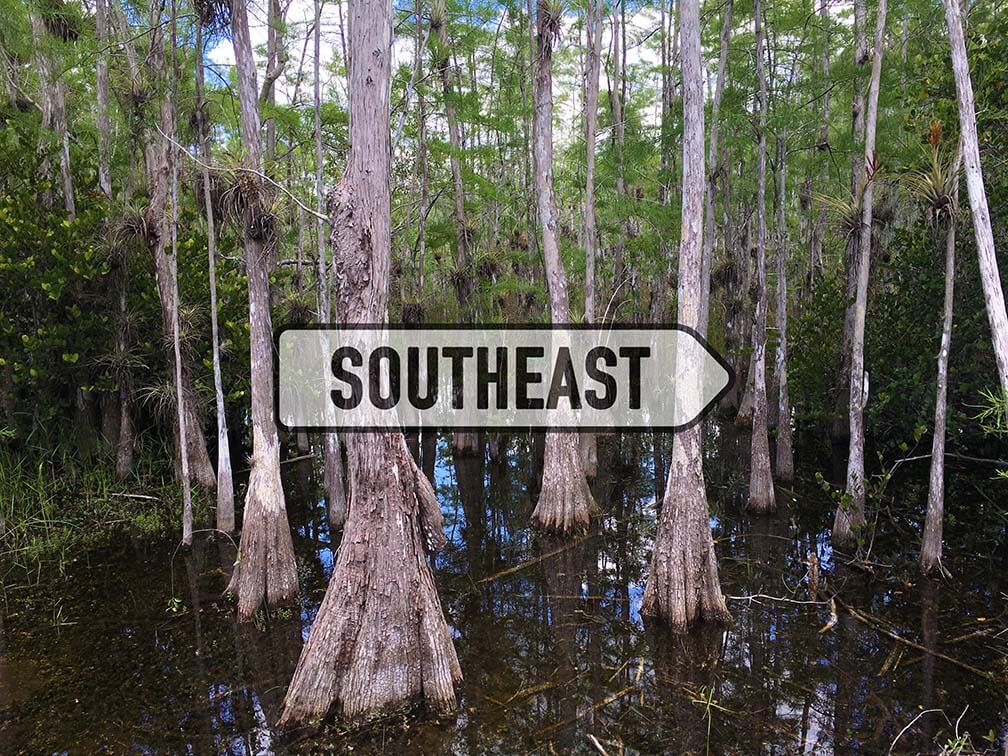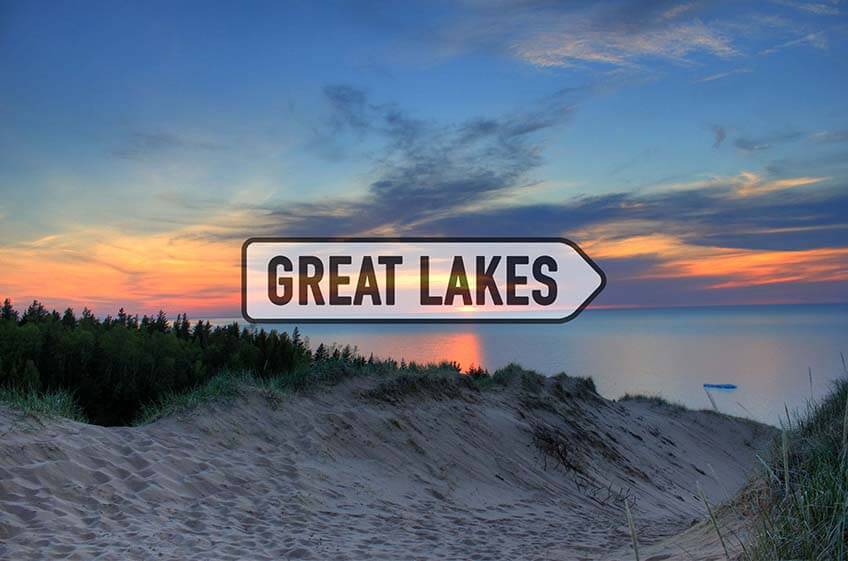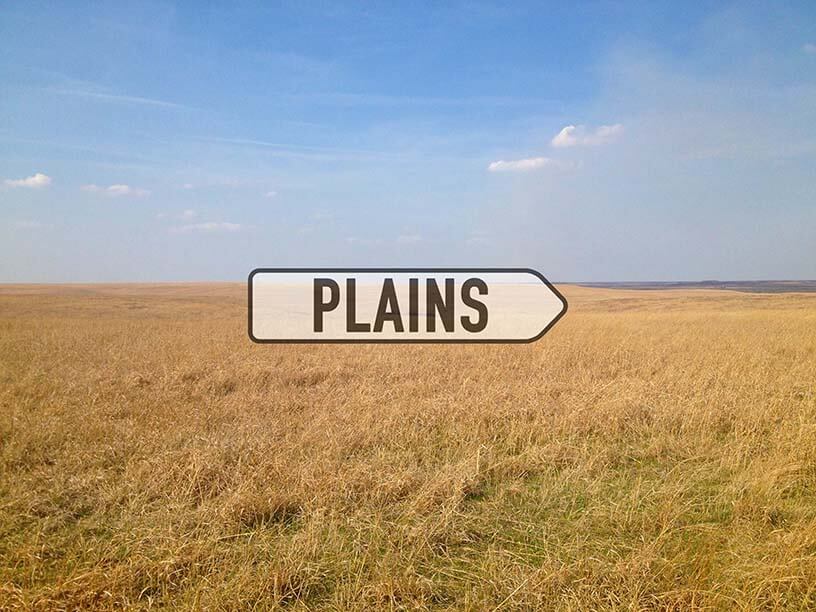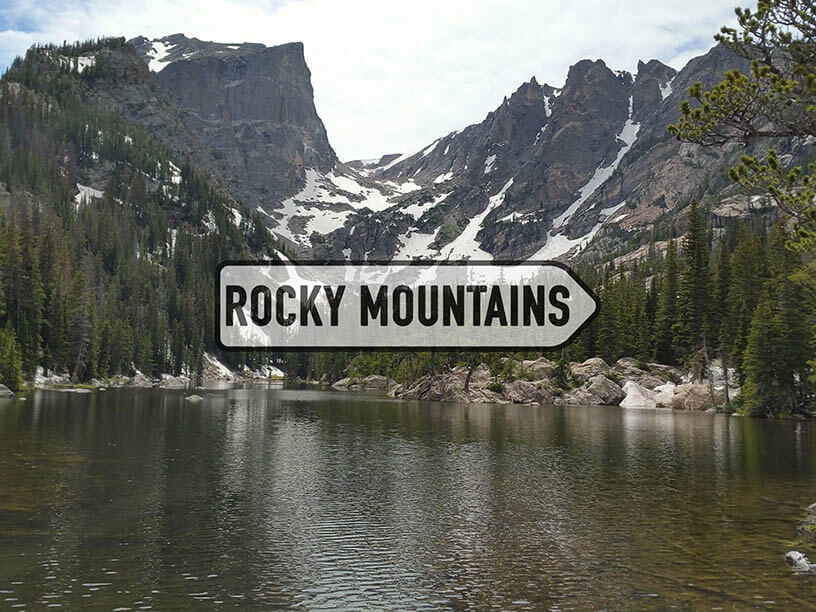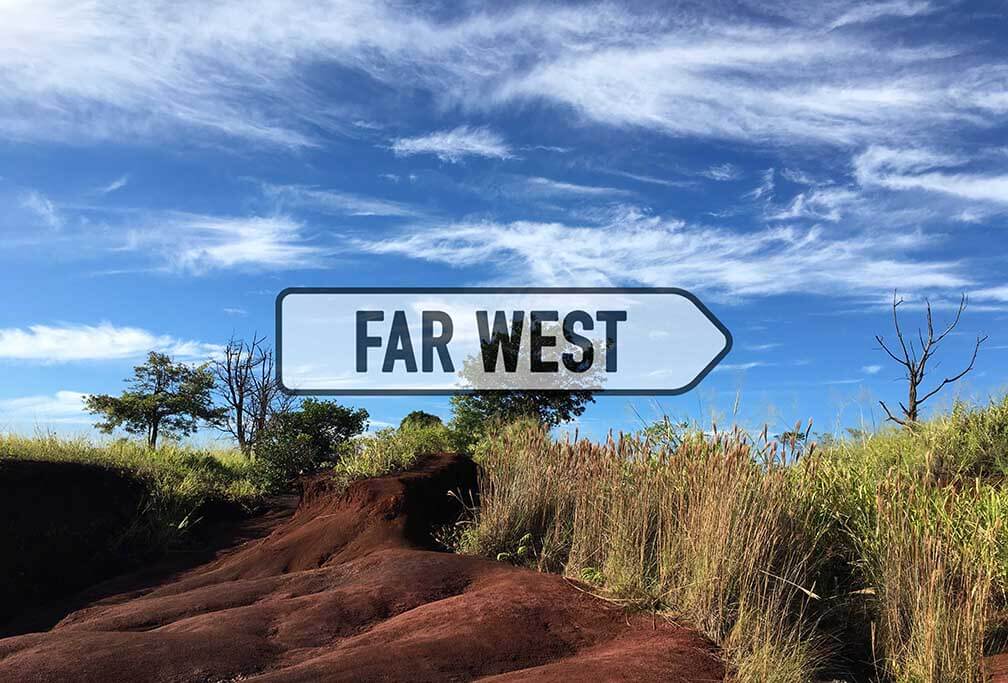Beaver dams and muskrat lodges
we paddled past. Relics of abandoned mines,
old logging chutes. Loon calls
piercing the night. Subtle play
of northern lights across a star-shot sky.
A grouse rising from the brush
as we walked past. So many backcountry
wonders, moments to remember, later.
But what the trip taught us mattered too.
What we learned when the wilderness
stripped us down. Like how good
even the simplest meal tastes
after a day’s canoeing. The way out here,
yesterday’s worries are rendered
as insubstantial as the smoke from the
evening fire. The way time becomes,
not an arbitrary ticking tyranny, but rather
the space between breakfast and lunch,
lunch and dinner, dinner and sleep time.
The way packing light helps us understand
all the things we can do without.
There is no weaseling out, in the wilderness.
The distance of the portage
must be negotiated, however laboriously.
It’s not a sprint or even a marathon.
It’s survival. Existence. Being, in this moment,
which gives us a roadmap for how to live,
truly live, in all the moments that remain.
Lisa Timpf is a retired HR and communications professional who lives in Simcoe, Ontario. Her poetry has appeared in Third Wednesday, New Myths, Star*Line, Triangulation: Habitats, and other venues. Her first poetry collection, a set of speculative haibun poetry titled In Days to Come, was released by Hiraeth Publishing in February 2022. When not writing, Lisa enjoys bird-watching and organic gardening. You can find out more about Lisa’s writing projects at http://lisatimpf.blogspot.com/.
Featured image by Derek Wright.

